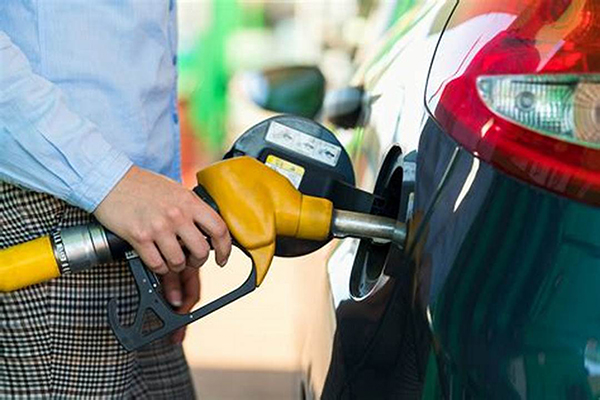Maihapa Ndjavera
Road Fund Administration (RFA) CEO Ali Ipinge said the share of the fuel price RFA receives remains insufficient compared to other countries in the SADC region. He added that about 55%, which is N$1.3 billion out of N$2.42 billion of RFA revenue comes from the fuel
levy income, which stands around N$1.48/litre.
“There is a notion that RFA is overcharging road users in terms of their contribution, but if we are to charge less or remain at this level, we might not be able to keep up with our mandate,” said Ipinge. During the last financial period, RFA revenue increased by 11% to N$2.42 billion as of March 2022. The administration invested over N$2.2 billion in the management, maintenance, and rehabilitation of roads while the balance was used to repay debt and loans.
On the other hand, consumers are crying about the hike in the cost of living caused by inflation, which is now averaging at 7.1%. Fuel prices also have been increasing, draining consumers’ pockets, coupled with a rise in interest rates the country is experiencing.
Addressing the groundbreaking ceremony for the upgrade of Peter Nanyemba Road (Monte Christo road) in Windhoek, Ipinge added that in order to realise optimal funding from the current rate of 60% to 70%, about N$4.3 billion is needed to address the backlog in road rehabilitation, upgrades and maintenance of both the national road network as well as urban roads and streets.
“The above illustrates the challenging and constraint environment, leading to underfunding and deterioration of our roads,” stressed Ipinge.
The RFA currently receives its revenue through the Road User Charging System (RUCS), which was developed with the aim of economically recovering the full cost of road expenditure from road users in an equitable manner.
The RUCS was designed to ensure revenue needed to provide and maintain roads is raised from road users (including foreign road users) rather than the general taxpayer.
The RUCS was also designed to price the use of roads to improve economic efficiency in road transport by removing price distortions and charging road users according to the actual roads’ utilisation.
Ipinge last year said the administration’s funding gap has been growing over the years, and revenue desperately needs to be sourced from somewhere.
He said the number of vehicles on the roads increased massively in recent years, hence the need for tolls as a revenue alternative. Towards the end of last year, the CEO stated the plan was in the pipeline, but toll gates might not be coming soon. Cabinet has approved consultations into toll gates, and RFA is expected to return to seek implementation approval after consultations.
The news of toll gates was received with mixed feelings by the public, saying it will not be possible for it to be introduced in Namibia.
Josef Sheehama, an independent economic and business researcher, said fuel levies are unfortunately intended to target motorists’ pockets but, in most cases, the poor are affected the most.
“This would greatly inconvenience not only the motoring public but also workers as it would further increase the cost of transport for the already hard-hit Namibians,” stated Sheehama.
He added this will negatively affect the economy and low-income motorist earners as it will cause disposable income to drop. The increase, he said will further have an impact on other goods and services.
Furthermore, Sheehama noted the idea of toll gates in 23 sections of the road network is not economically viable. “We are taxed every month, imagine having to pay high fuel levies and toll gates. It is so aggravating to realise the RFA does not consider how these escalating fees would affect us and make us miserable,” he stressed.


